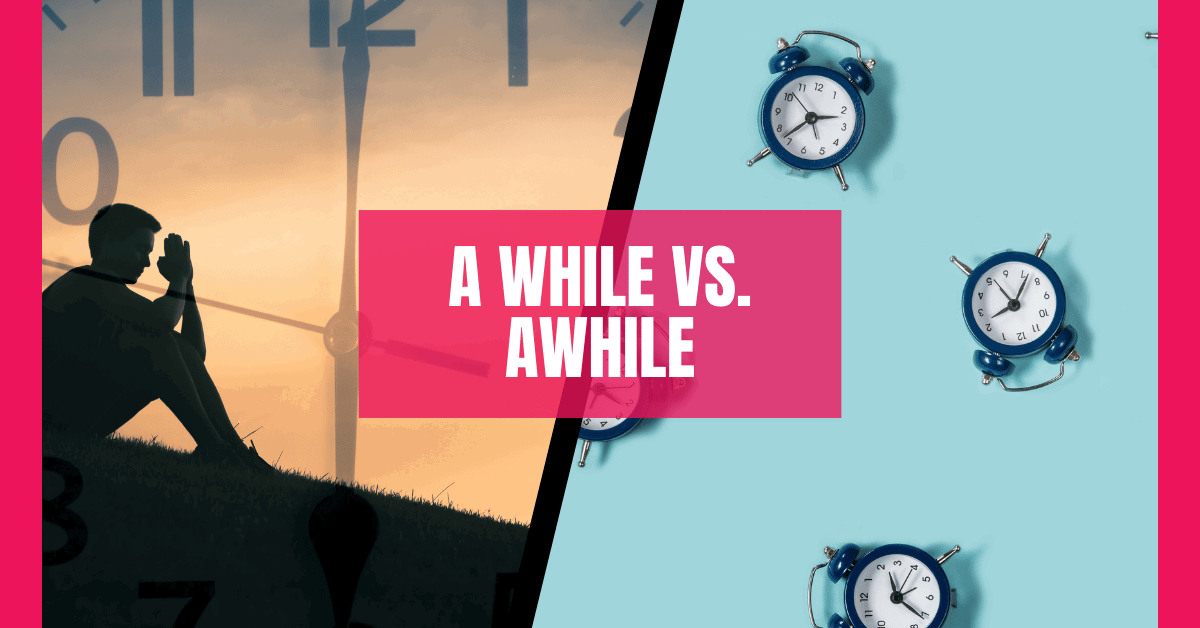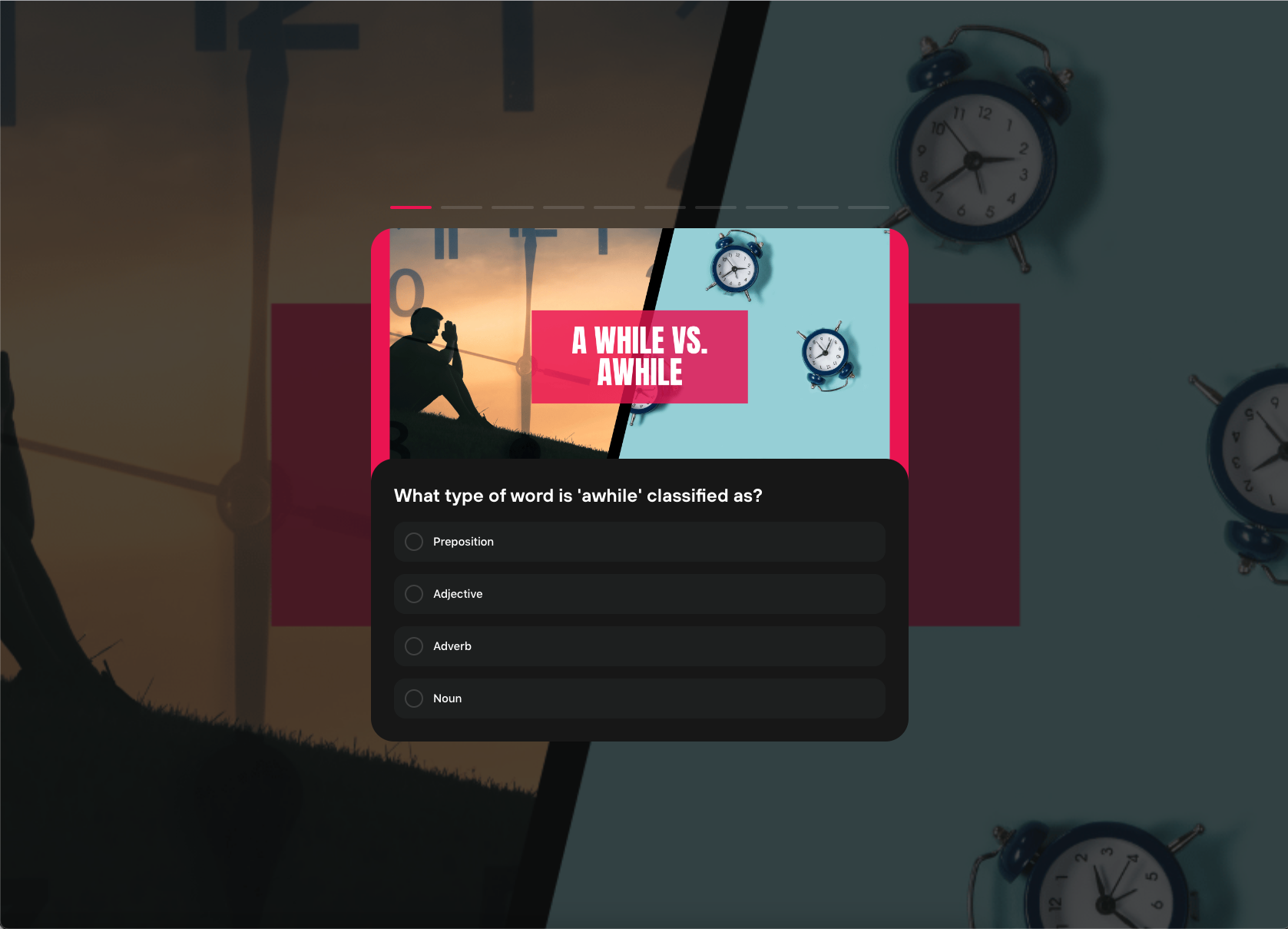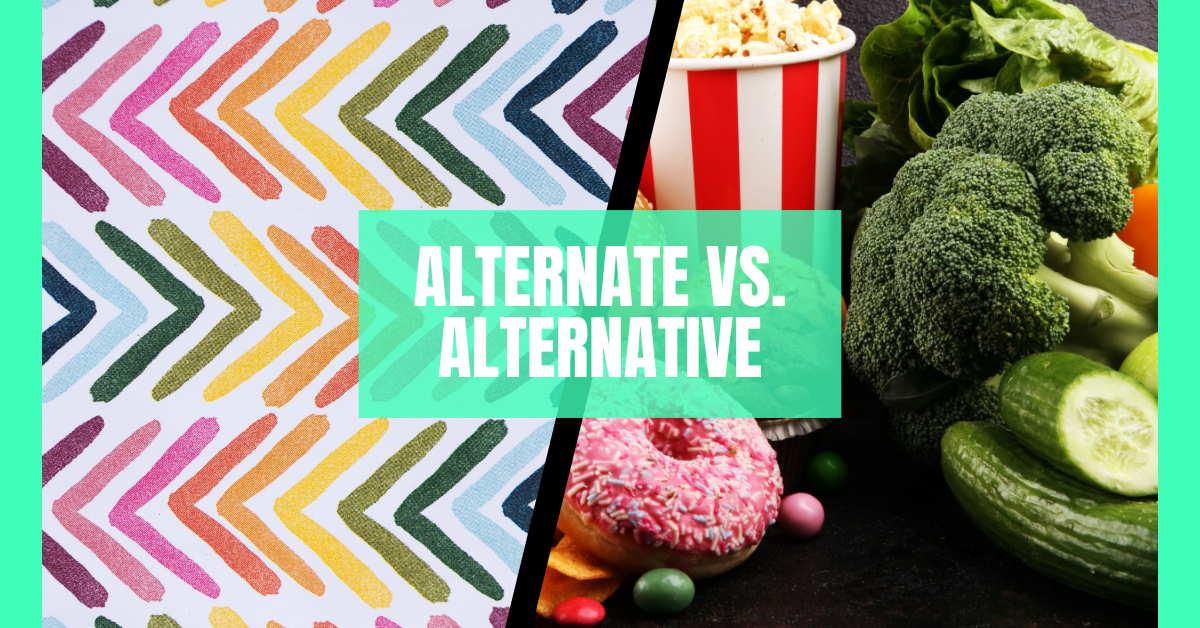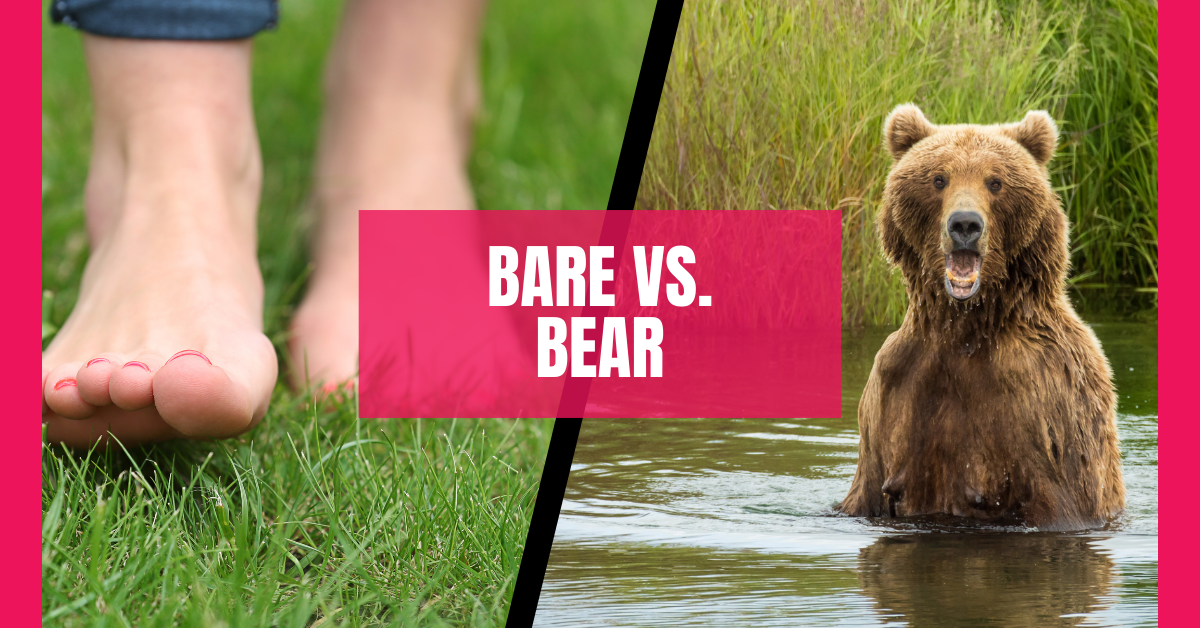Awhile vs. A While: How to Use Them Correctly in English Writing

Awhile vs. A While: How to Use Them Correctly in English Writing
A While vs. Awhile: What’s the Difference?
In the world of English grammar, certain words can be tricky to master, even for native speakers. One common pair that causes confusion is “awhile” and “a while.” While they may look and sound similar, they serve distinct functions in a sentence. Understanding the difference between the two can elevate your writing and help you avoid simple mistakes.
In this blog post, we’ll dive into the usage, meaning, and examples of “awhile” and “a while,” helping you understand when and how to use each correctly. Let’s break it down.
Source: Learn English Coach YouTube Channel
Understanding “Awhile”
“Awhile” is an adverb, meaning it modifies a verb by describing how long an action takes place. Specifically, it refers to a brief or short period of time. Think of “awhile” as a one-word version of the phrase “for a while.
Examples:
She waited awhile before continuing her speech.
After running, I sat down awhile to catch my breath.
In these sentences, “awhile” modifies the verbs “waited” and “sat,” answering the question of how long the actions took place. If you could replace “awhile” with “for a short period of time,” the sentence would still make sense.
Understanding “A While”
On the other hand, “a while” consists of the article “a” and the noun “while,” which means a length of time. Unlike “awhile,” it’s not used to modify a verb but instead functions as a noun phrase. You might think of “a while” as simply meaning “a period of time”—without specifying whether it’s long or short.
Examples:
I haven’t seen you in a while.
We’ll be staying here for a while.
In these sentences, “a while” refers to a period of time and acts as a noun, not an adverb. A simple test to check if “a while” is correct is to insert the word “long” between “a” and “while.” If the sentence still makes sense, you’ve got it right.
How to Decide Which to Use
The key to choosing between “awhile” and “a while” lies in identifying their functions in the sentence.
1. If you need an adverb (to describe a verb), use “awhile.”
Example: He rested awhile after the hike.
2. If you need a noun (to refer to a span of time), use “a while.”
Example: It’s been a while since we last met.
Common Mistakes to Avoid
Even seasoned writers can mix up “awhile” and “a while.” A typical error is using “awhile” in places where “a while” is correct and vice versa. It’s important to remember that “awhile” should never be used after the prepositions “for” or “in.” When you use these prepositions, you’re referring to a noun, and “a while” is the correct choice.
Incorrect:
He stayed for awhile. (Here, “for” needs a noun, so “a while” is correct.)
Correct:
He stayed for a while.
He stayed awhile. (No preposition, so “awhile” works.)
Why Does It Matter?
Why spend time worrying about such a small difference? The truth is that careful word choice helps make your writing clear and polished. Misusing “awhile” and “a while” can confuse readers or make your sentences sound awkward. Especially in professional and academic writing, mastering these finer grammar points will enhance your credibility and help you communicate more effectively.
Wrapping It Up
To sum it all up, here’s a quick cheat sheet for using “awhile” vs. “a while”:
• Awhile: One word, used as an adverb. It means “for a short period” and modifies a verb.
• A While: Two words, used as a noun phrase. It means “a period of time” and can follow prepositions like “for” or “in.”
Getting these right may seem like a small detail, but mastering the difference between “awhile” and “a while” can make a significant impact on the clarity and professionalism of your writing. So, take a moment to review this guide, and next time, you’ll know exactly which one to use!
FREE Quiz
Take our free quiz to test your knowledge on A While vs. Awhile. 👉 Click Here to Start the Quiz.






